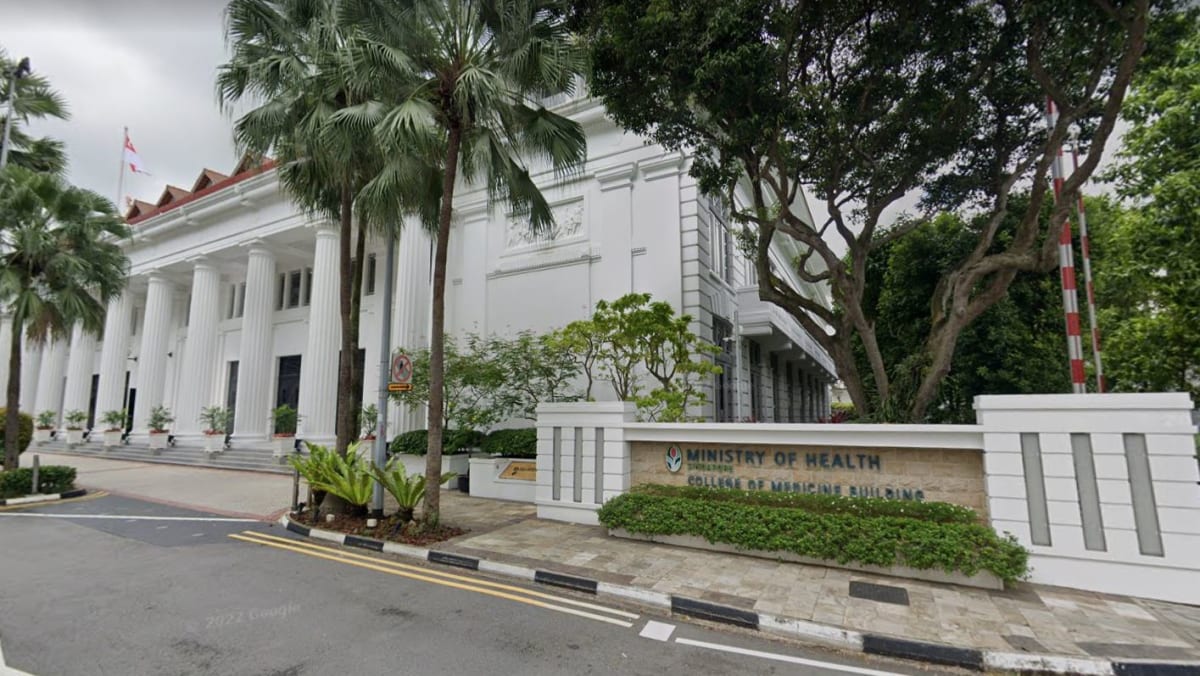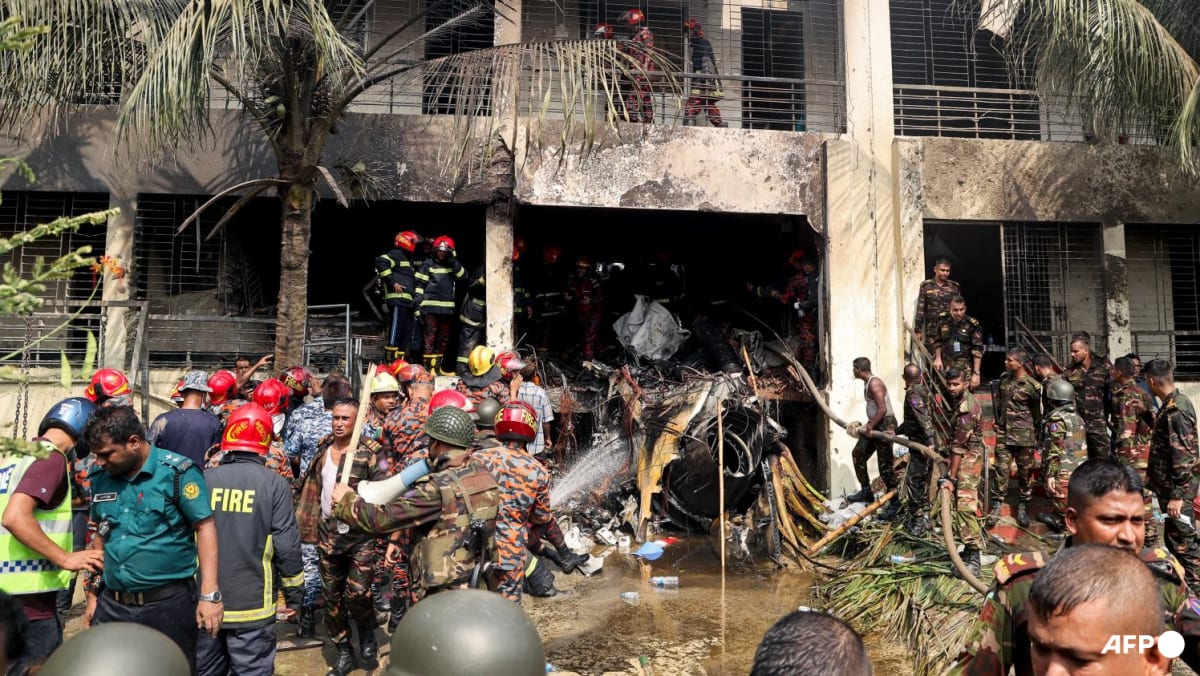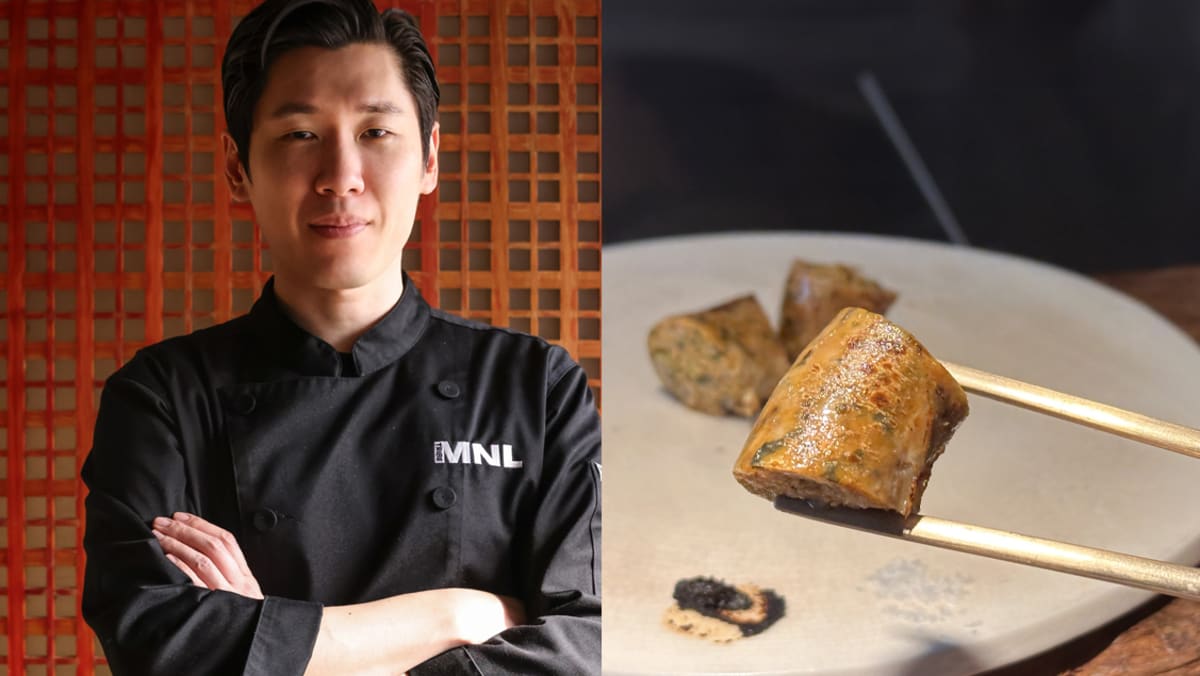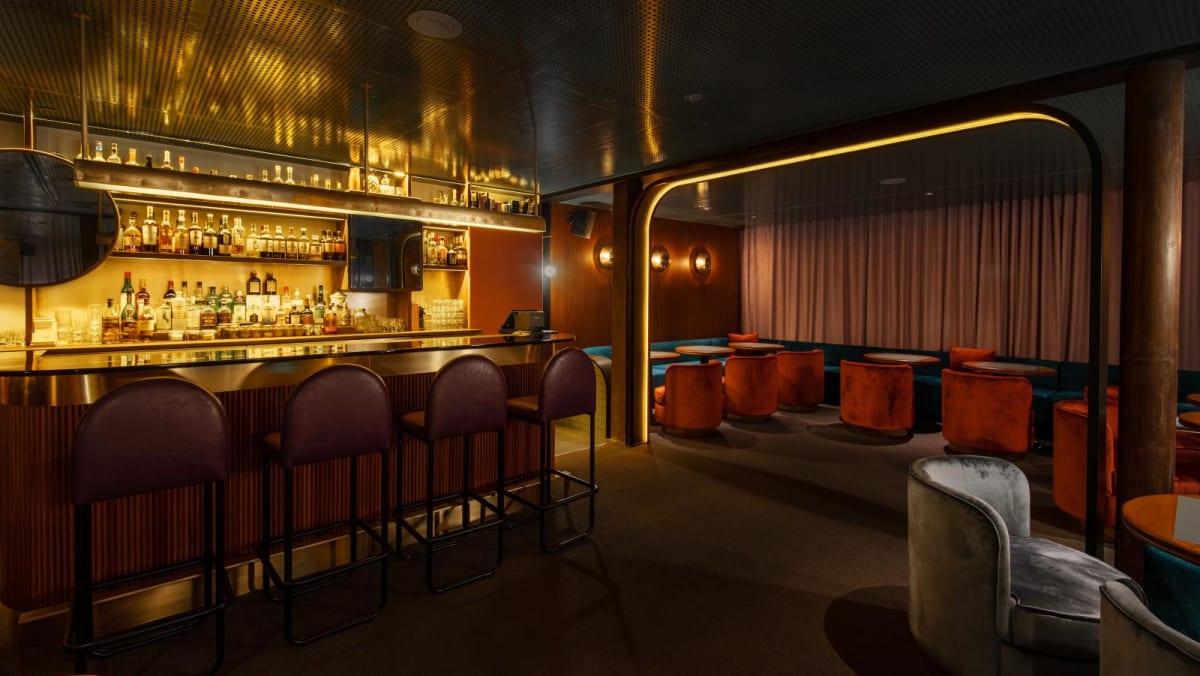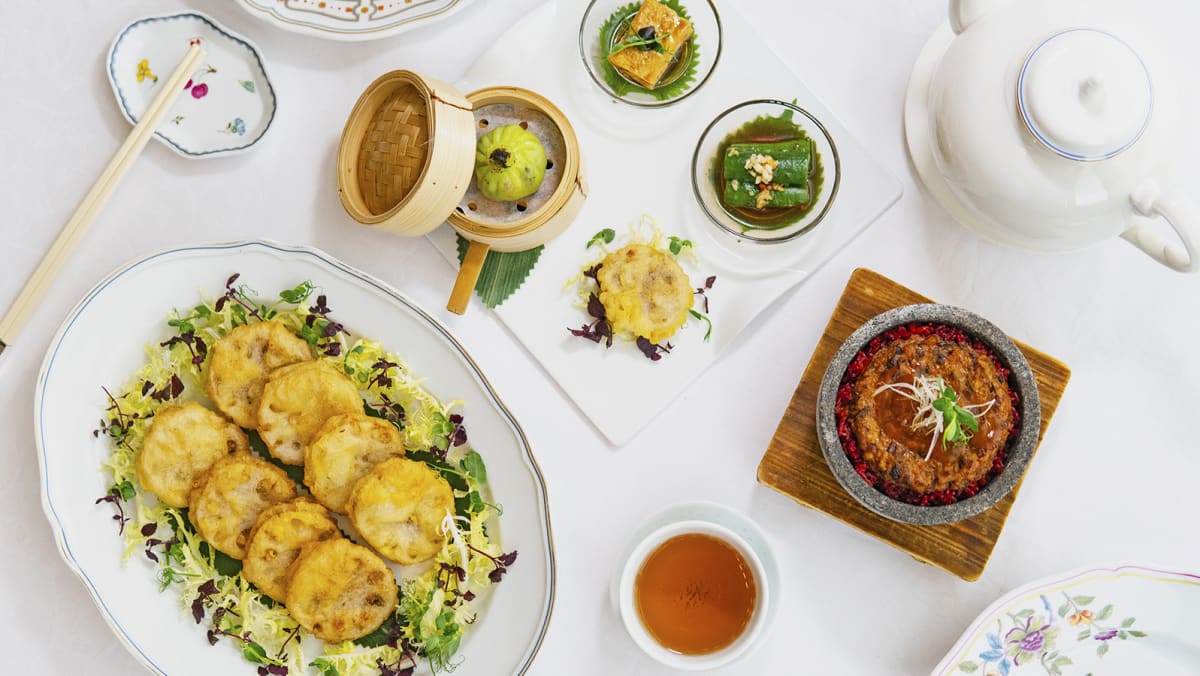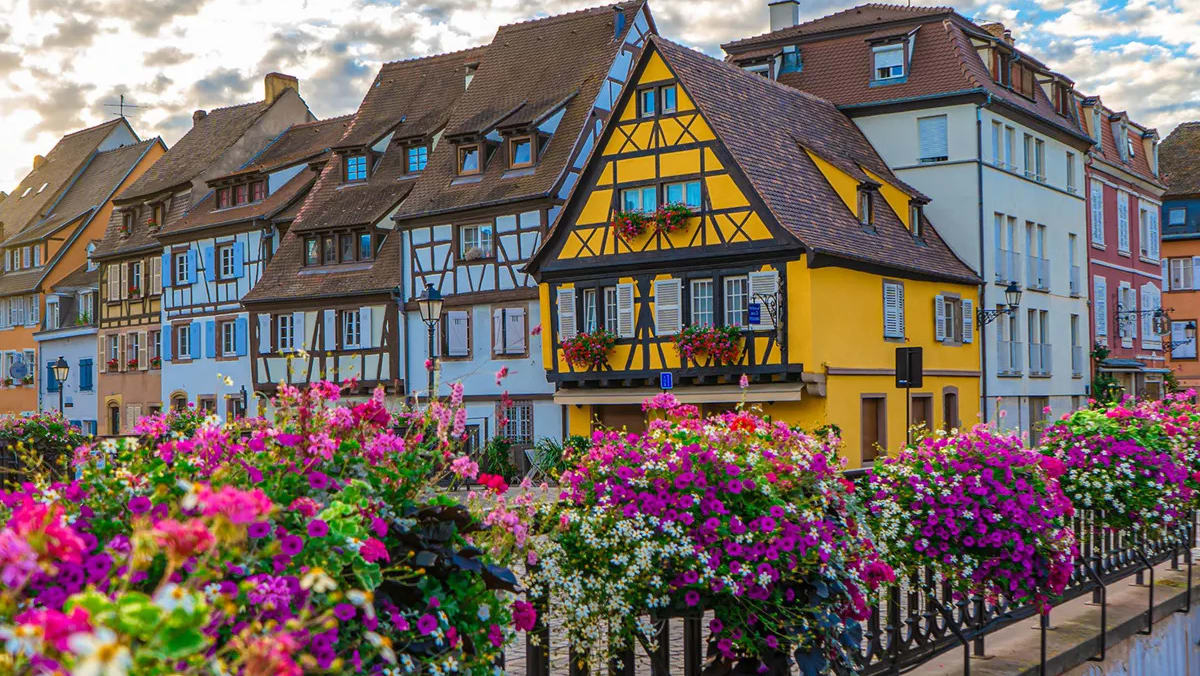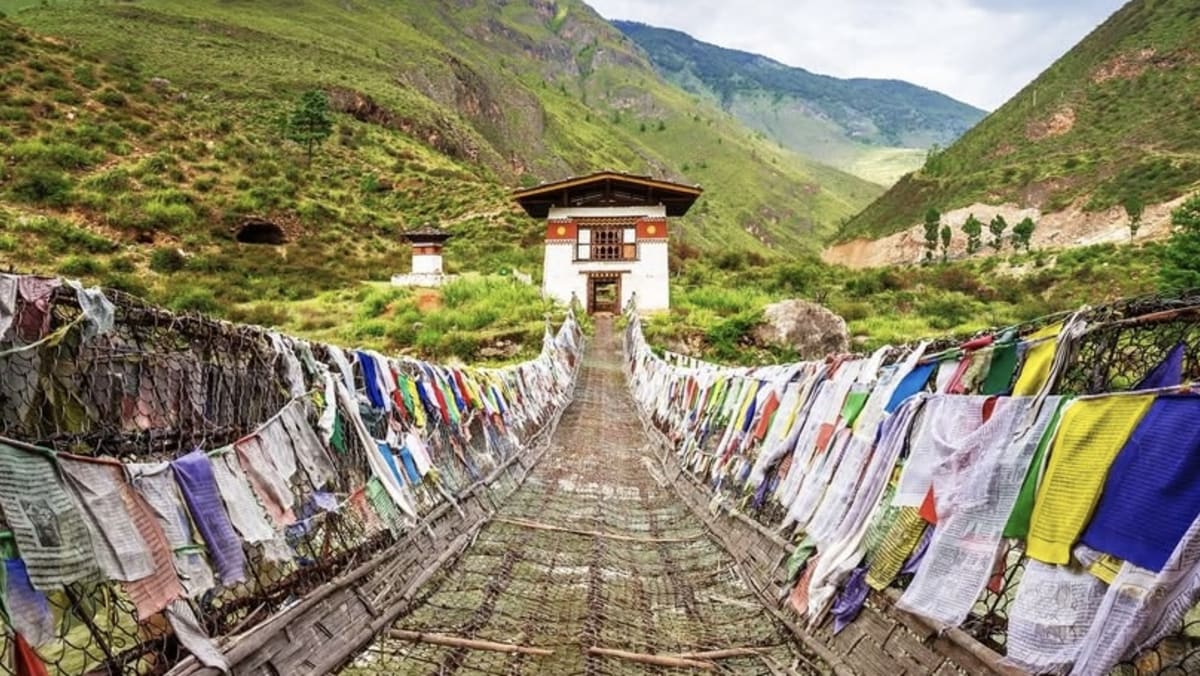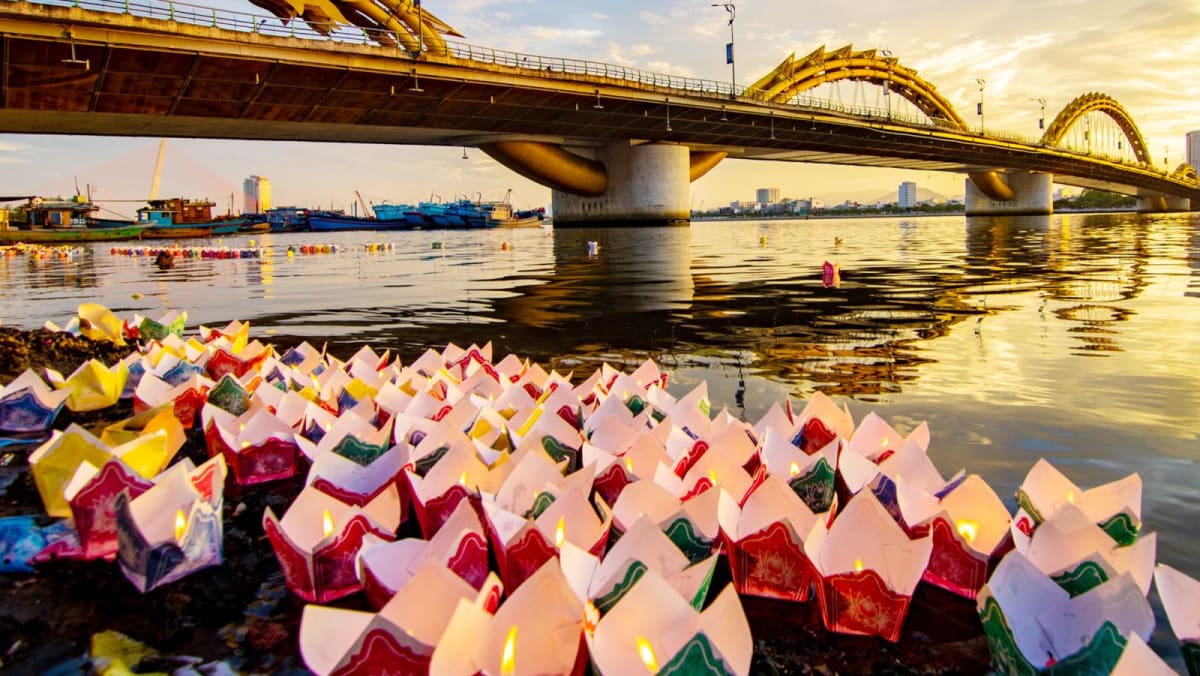In Seoul’s fast-paced dining scene, where trends turn over quickly and fine dining grows increasingly globalised, chef Choi Ji-Hyung is charting a quieter, more personal course. At his cosy restaurant Leebukbang (which means “North Korean Room”), Choi is working to preserve and reinterpret the culinary traditions of North Korea.
Unlike the headline-grabbing restaurants around the city, Leebukbang doesn’t seek to impress with modernist techniques or imported ingredients. Instead, its focus is on something much more fragile: Memories. Specifically, the memories of Choi’s grandmother, who fled the North during the Korean War, bringing with her recipes and foodways from Hamgyeong Province. Choi is part of a group of third-generation descendants of North Korean refugees. His restaurant is one of the very few in the country that serves a full course of North Korean cuisine — not the symbolic dishes seen in state banquets or news documentaries, but everyday food once eaten by ordinary families. “I’ve never been to North Korea. I can’t go,” Choi explained. “So I rely on what was passed down to me — through taste, through stories, through remembering.”
In the span of a century, Korea experienced colonisation, war, division, and displacement on a massive scale. The Korean War alone forced millions to flee, including more than a million who crossed from North to South. Over time, many of these families blended into the fabric of South Korean society, but assimilation often comes with quiet erasure. Conversations about war tend to focus on borders, ideologies, or casualties. But war also erases food. Recipes vanish. Ingredients go out of reach. People stop cooking what they no longer see — or no longer remember.
